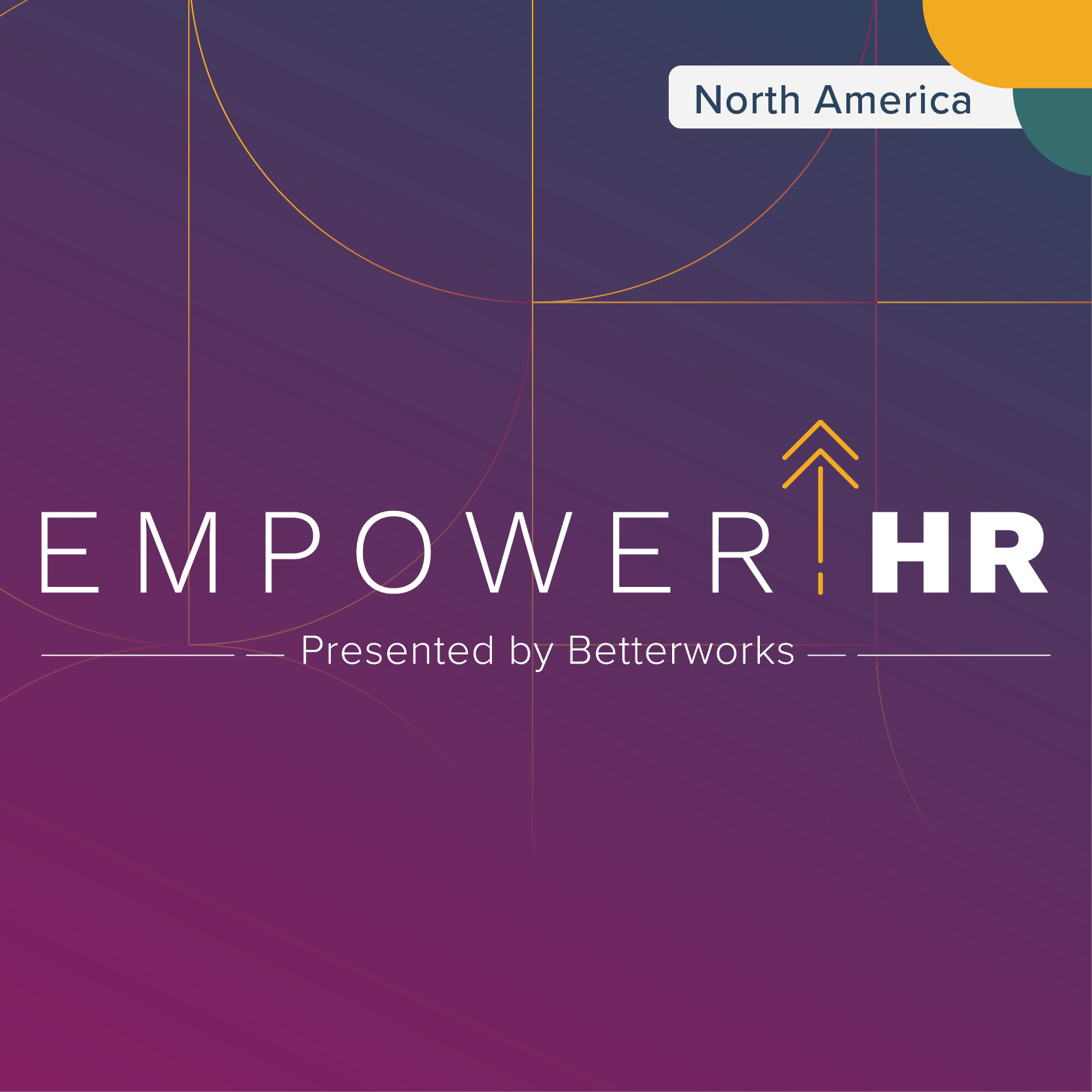Objectives and key results (OKR) align the workforce across a shared company-wide purpose and vision. This isn’t a one-and-done process. Team members rely on frequent check-ins to keep their OKRs on track.
Your OKR program’s success depends on regular conversations, feedback, and recognition. Keeping the business’s shared vision front and center for your team requires frequent touchpoints. Without this communication, employees may struggle to maintain their progress towards quarterly goals, especially ambitious ones.
A regular check-in cadence gives team members a solid sense of structure. That can help them reach their goals faster.
Here’s why you should implement frequent OKR review meetings.
Frequent One-on-Ones Help Employees Stay Focused
It’s easy to get lost in the daily routine. Canceling a meeting with an employee can seem a simple way to solve an overcrowded schedule. (After all, you saw them recently.)
These decisions come with a cost. Meetings between managers and their direct reports are a crucial part of the OKR cycle. If you skip them, you might miss troubling signs of trouble.
One-on-one check-ins are essential for integrating OKRs with performance management, too. While OKRs aren’t a performance management framework, they can improve employee performance. The conversation, feedback, and recognition model used to keep OKRs on track provides guidance for performance reviews as well.
There may still be an instinct to reduce the number of meetings. Check-ins have gone fine and everyone’s so busy; why not drop some of them? This ignores another benefit to frequent meetings: a chance to build trust.
Trust is essential between managers and their reports. The more transparent these conversations are, the more constructive one-on-one OKR review meetings will be. That transparency can’t be achieved unless employees feel comfortable asking questions and raising concerns. It’s difficult to achieve this type of communication if you check in infrequently and have a ton of material to cover because so much time has passed since you last talked.
OKRs aren’t intended as checklists. But achieving your key results does keep you focused on outcomes and brings you closer to realizing your larger objectives. Use weekly meetings to give employees specific, actionable feedback and advice for maintaining momentum towards their personal goals. It’s your best chance to develop your own coaching skills.
Managers should also make a point of offering recognition and praise for any recent wins, even small ones.
Team Meetings Create Accountability for Group OKR Progress
While one-on-one check-ins are the fundamental drivers of success, team OKR review meetings provide benefits, too. Since an OKR framework aligns individuals with the company’s larger vision, frequent team conversations help keep everyone on the same page.
Team meetings allow team leads to assess the group’s overall progress towards its OKRs. An OKR goal-setting framework also lets team members view each other’s objectives so that everyone can hold each other accountable. Since each team member can see what everyone else is working on, frequent meetings help employees take responsibility for their role in group OKRs.
As with one-on-one check-ins, trust is an important component of team OKR review meetings. Transparent communication between team members keeps everyone up-to-date on their progress. These meetings allow employees to share their ideas and advice with each other. The cross-pollination of ideas can lead to innovation, especially in a cross-functional team where each team member contributes diverse experiences and abilities.
Team meetings also help employees see the role they play in achieving the business’s larger priorities. Recognizing how their contribution impacts those around them enhances their sense of personal purpose.
Business-Wide OKR Review Meetings Support Employee Engagement
An OKR framework is designed to enable individual contributors to drive results by aligning the workforce across shared priorities. That’s why business review meetings involving the entire organization are so important to maintain transparency. These organization-wide meetings set expectations and give the workforce a line of sight into their role in the larger business strategy.
When company leaders communicate honestly and transparently with the workforce, employees begin to think like owners. Frequent conversations about business priorities give employees the knowledge they need to think strategically as they move ahead with their own goals.
By looking at each employee’s role in driving the larger strategy, business review meetings help team members gain a greater sense of purpose and become more engaged in their work. Company-wide meetings also provide opportunities for public, company-wide recognition of individual efforts and achievements.
Responsive Touchpoints Help Your Business Stay Agile
OKRs are designed to shift along with business needs. Embracing an agile business model means that the C-suite has to be responsive and ready to re-evaluate evolving business circumstances. As company leaders reassess and adjust business OKRs, frequent touchpoints communicate those changes down to the departmental and individual levels. These responsive meetings allow teams to evaluate their OKRs against current business priorities.
Transparency at scale supports better conversations at the one-on-one level. When employees have the knowledge to keep their personal objectives up-to-date, it increases the value their work contributes to driving business results.
A successful OKR process relies on frequent conversations that provide feedback and recognition to keep employees on track. Frequent communication also gives employees an opportunity to share their perspectives on their OKRs, improving engagement and creating a more innovative and resilient workplace.
The end result is an environment with transparency and trust, so employees can embrace their own ambitions in a way that also benefits the business as a whole







